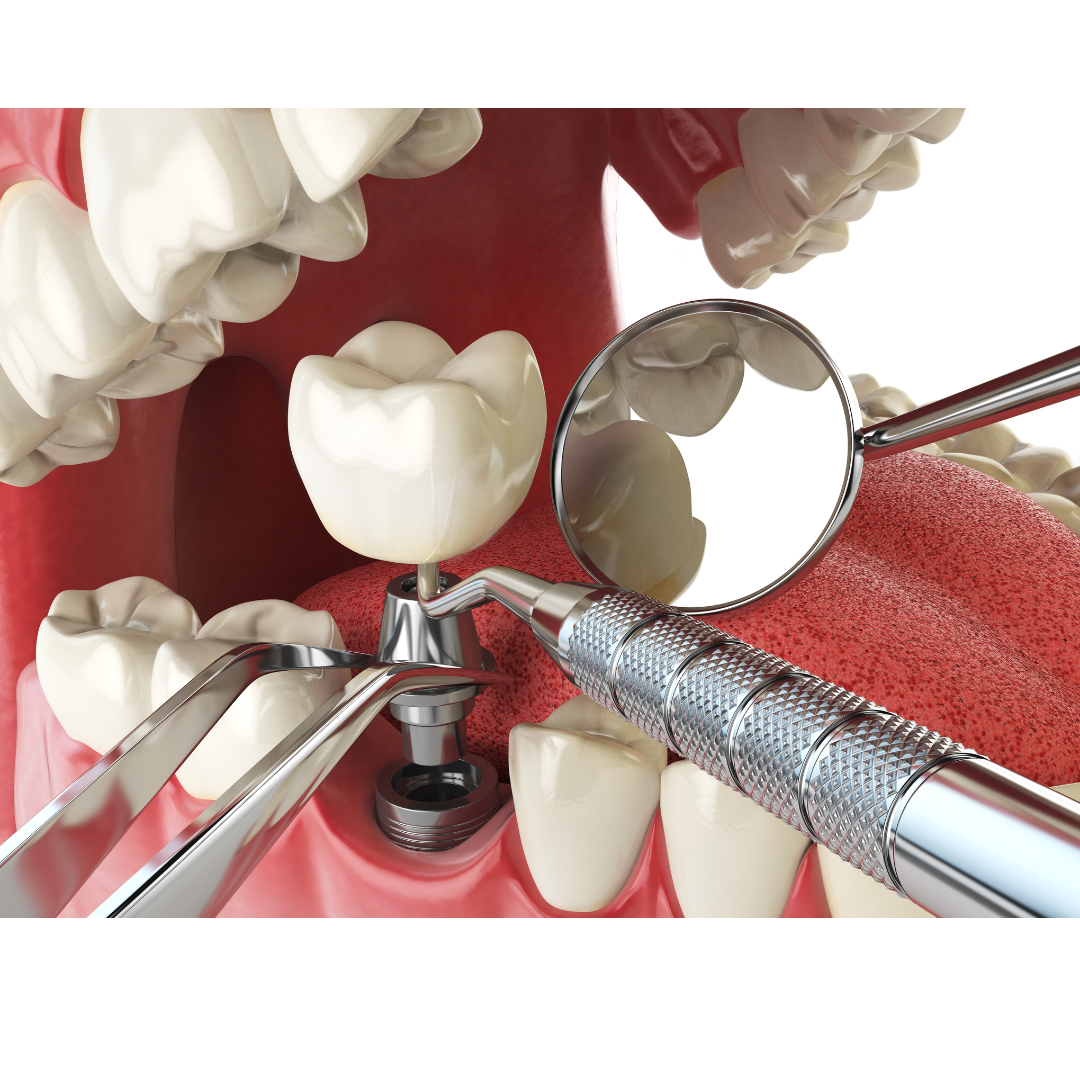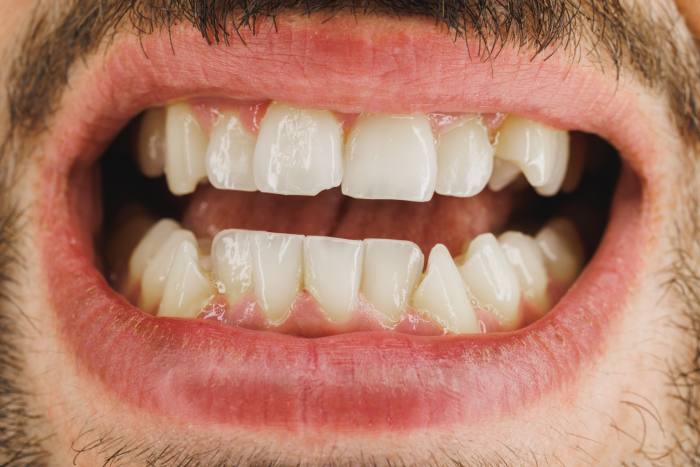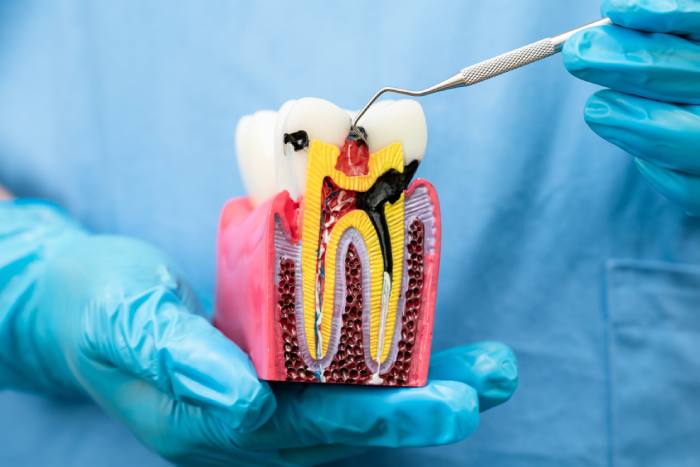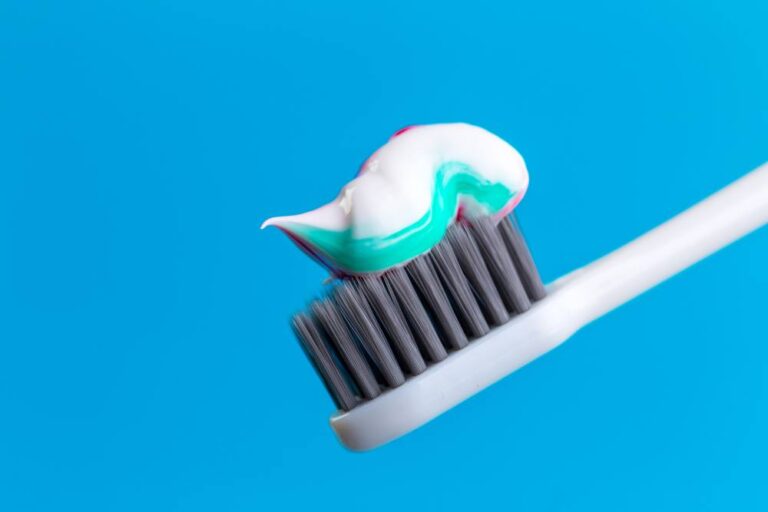Dental implants are a popular and effective solution for replacing missing teeth, offering a permanent, natural-looking option for restoring your smile and improving oral function. If you’re considering dental implants, one of the most important questions you likely have is, “How long can I expect my dental implants to last?” Here’s a more in-depth look at what you need to know:
Durability and Longevity
Dental implants are designed to be a long-lasting solution for tooth replacement. Made of biocompatible materials like titanium, they fuse with the jawbone, creating a strong and stable base for replacement teeth. With proper care and maintenance, dental implants can last for many years, with some even lasting a lifetime. The longevity of dental implants is influenced by several factors, including the patient’s overall health, lifestyle, and oral hygiene habits.
Factors Affecting the Lifespan of Dental Implants
Oral Hygiene
Maintaining excellent oral hygiene practices is paramount for the success and longevity of dental implants. Regular brushing, at least twice daily, and daily flossing help to prevent plaque and tartar buildup around the implant. This buildup can lead to peri-implantitis, an infection that can damage the soft tissues and bone surrounding the implant, potentially causing implant failure. Proper techniques for cleaning around implants can be shown to you by your dentist or dental hygienist.
Regular Dental Check-ups
Routine visits to the dentist for check-ups and cleanings are essential for monitoring the health of your implants. It is generally recommended to visit the dentist every six months for regular check-ups and cleanings. Your dentist can detect any potential problems early on, such as signs of infection or loosening, and provide appropriate treatment to prevent complications and ensure the long-term stability of the implants.
Lifestyle Habits
Certain lifestyle habits can negatively impact the lifespan of dental implants. Smoking, for example, can increase the risk of implant failure and slow down the healing process. Likewise, a diet high in sugary foods and drinks can contribute to plaque buildup and gum disease. Both of these can compromise the stability of implants. Avoiding these harmful habits can help preserve the longevity of your implants.
Overall Health
Your general health plays a crucial role in the success of dental implants. Underlying health conditions like diabetes, autoimmune diseases, and osteoporosis can affect the bone around the implant. These conditions can hinder the healing process and potentially lead to implant failure. Managing these health issues in consultation with your physician can increase the lifespan of your dental implants.
Maintaining Your Dental Implants
Brush and Floss Regularly
Just like natural teeth, implants require consistent and thorough oral hygiene. Use a soft-bristled toothbrush and floss daily to remove plaque and food particles from all surfaces of the teeth. Special tools such as interdental brushes or water flossers can help to clean hard-to-reach areas around implants.
Use Proper Technique
Improper cleaning techniques can damage the gum tissue and the implant itself. Your dentist or dental hygienist can demonstrate the best ways to brush and floss around your implants to maximize their effectiveness and longevity.
Regular Professional Cleanings
Professional dental cleanings are critical for removing plaque and tartar buildup that regular brushing and flossing might miss. Regular professional cleanings, combined with good home care, can protect and preserve your smile.
Follow Your Dentist’s Instructions
Your dentist may provide specific instructions on how to care for your dental implants based on your individual needs. These instructions could include using specific oral hygiene products, avoiding certain foods, and attending follow-up appointments. Following these guidelines can contribute significantly to the long-term success of your implants.
Conclusion
Dental implants offer a reliable solution for replacing missing teeth and improving your quality of life. While the longevity of dental implants varies depending on individual circumstances, you can significantly extend their lifespan by following these important practices: maintaining a proper oral hygiene routine, attending regular dental checkups, and adopting healthy lifestyle habits.
Are you ready to explore your options with dental implants? Contact Ames Dentistry today at (937) 372-8502 for their Xenia location or (937) 382-6971 for their Wilmington location to schedule your consultation. We look forward to helping you achieve a confident and healthy smile!








